How to Plan an African Safari in 2025: A Complete Beginner’s Guide
Introduction
Africa is a land of breathtaking landscapes, diverse wildlife, and rich cultures, making it the ultimate safari destination. Whether you dream of seeing the Great Migration in the Serengeti, tracking gorillas in Uganda, or watching elephants roam the plains of Botswana, an African safari is a once-in-a-lifetime experience. However, planning a safari can feel overwhelming, especially for first-timers. From choosing the right destination to budgeting, packing, and ensuring safety, there’s a lot to consider. This guide will walk you through every step to help you plan the perfect African safari in 2025.
Choosing the Right Safari Destination
With over 50 countries in Africa, selecting the ideal safari destination depends on what kind of experience you want. Some of the top safari destinations include Kenya, Tanzania, South Africa, Botswana, Namibia, Uganda, and Rwanda. Each country offers unique experiences, from the open savannas of the Maasai Mara to the lush rainforests of the Congo Basin.
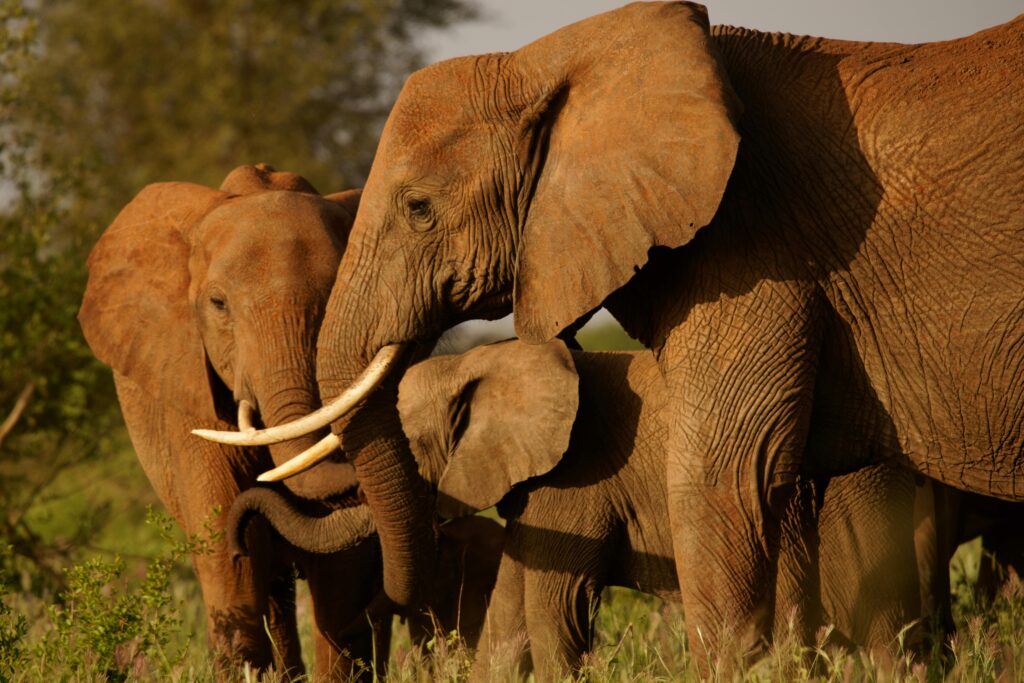
If witnessing the Great Migration is on your bucket list, then Kenya’s Maasai Mara and Tanzania’s Serengeti are must-visit locations, especially between July and October. For a more exclusive and luxurious experience, Botswana’s Okavango Delta provides an incredible mix of water-based and land-based safaris. If you’re interested in self-drive safaris, Namibia’s Etosha National Park and South Africa’s Kruger National Park offer excellent infrastructure for independent travelers. Meanwhile, gorilla trekking in Rwanda and Uganda is perfect for those looking for an immersive and intimate wildlife encounter.
Best Time to Go on an African Safari
The best time for a safari largely depends on the type of experience you seek. The dry season, typically from June to October, is the most popular time for wildlife viewing. During this period, animals congregate around water sources, making them easier to spot. However, this is also peak tourist season, meaning higher prices and crowded parks.
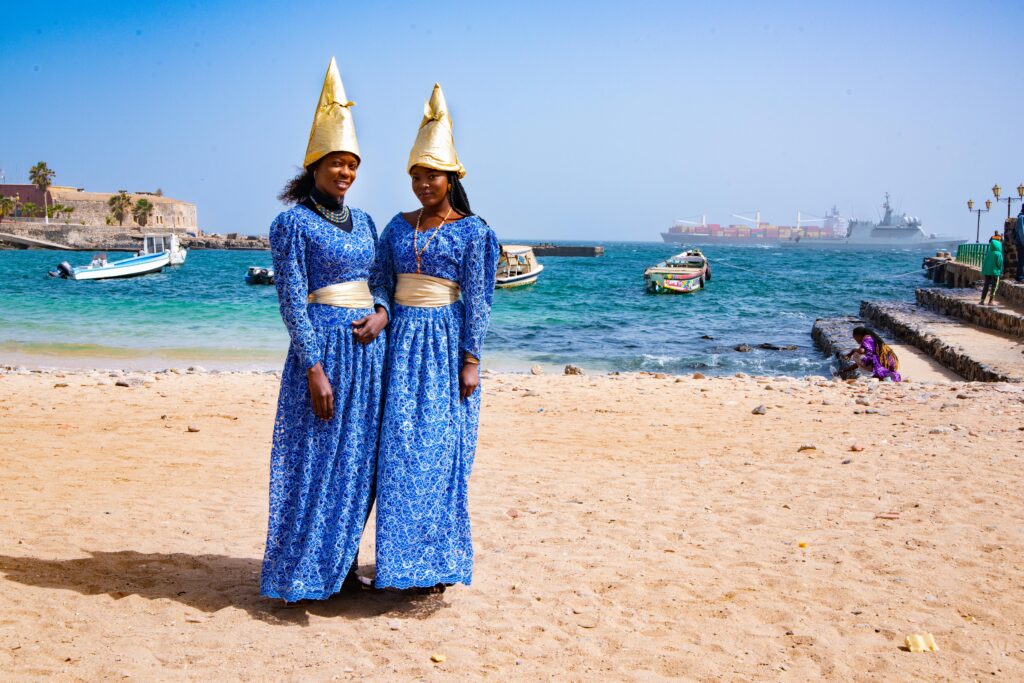
The wet season, from November to May, offers lush landscapes, fewer tourists, and lower prices. While some roads may be muddy and certain areas difficult to access, this is the best time for birdwatching and seeing newborn animals. If your goal is to witness the Great Migration river crossings, plan your trip between July and September in the Maasai Mara or between January and March in the Serengeti for the calving season.
Budgeting for Your Safari
Safari costs can range from budget-friendly to ultra-luxurious. On average, budget safaris can start at $150 per person per day, while mid-range options range from $250 to $600 per day. Luxury safaris can cost anywhere from $800 to $2,000 per person per day, depending on the level of exclusivity and comfort.

When planning your budget, consider additional expenses such as park entrance fees, transportation, tips for guides and staff, travel insurance, and any extra activities like hot air balloon safaris or cultural visits. Booking a group safari can significantly reduce costs compared to a private tour, and traveling during the low season can also help save money.
Packing Essentials for an African Safari
Packing for a safari requires careful thought, as you’ll be spending time in remote areas with limited access to stores. Lightweight, breathable clothing in neutral colors is recommended to blend in with the environment and avoid attracting insects. A good pair of binoculars, a high-quality camera, and a power bank are essential for capturing stunning wildlife moments.
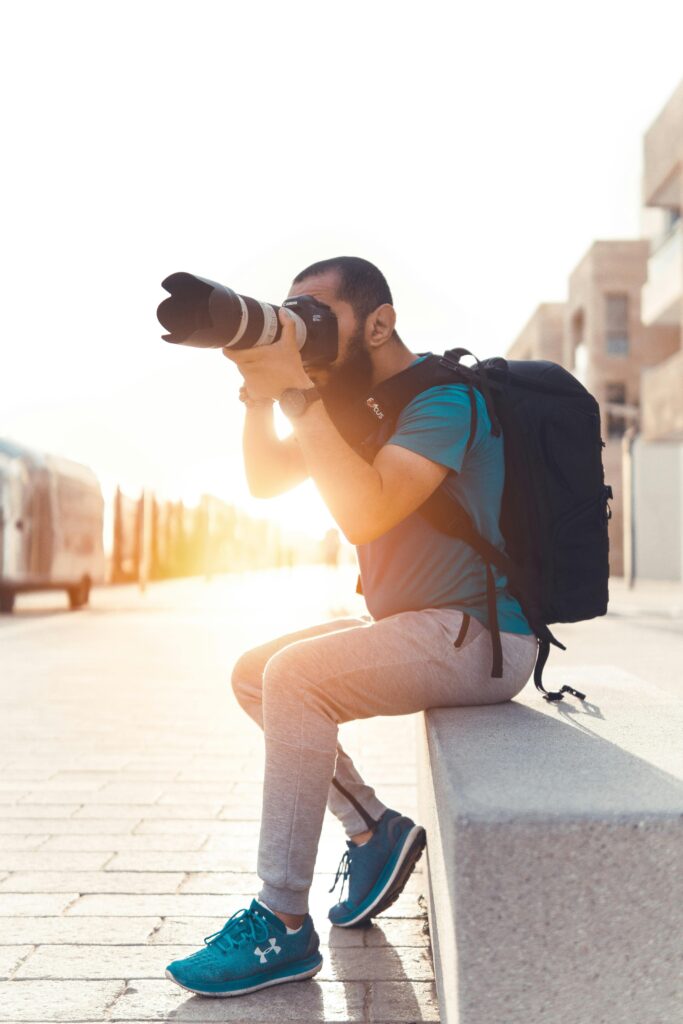
Don’t forget sun protection, including sunglasses, a wide-brimmed hat, and sunscreen, as well as insect repellent to ward off mosquitoes. A sturdy backpack, a refillable water bottle, and a basic first-aid kit will also come in handy. Many safari lodges and camps have weight restrictions on luggage, especially for those traveling on small planes, so packing light is crucial.
Safari Safety and Etiquette
While safaris are generally safe, it’s important to follow a few key guidelines to ensure both your safety and the well-being of the wildlife. Always listen to your guide’s instructions and avoid standing up or making sudden movements in safari vehicles. Keep a respectful distance from animals and never attempt to feed or touch them.
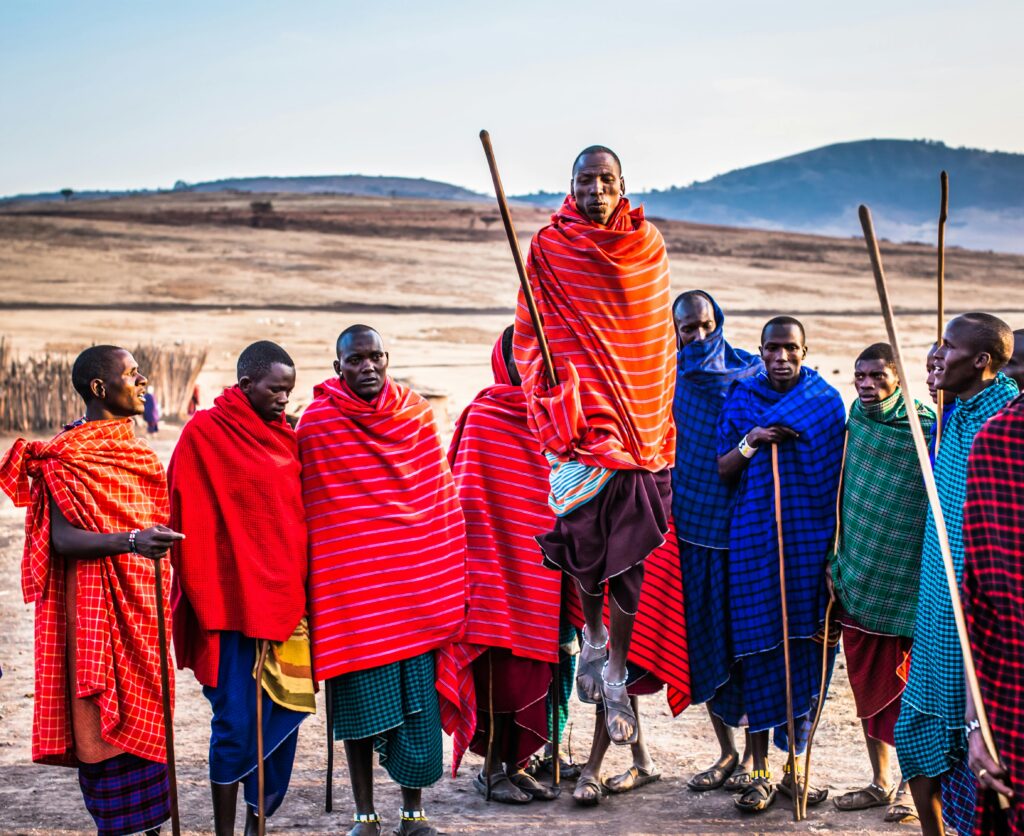
It’s also important to be mindful of local cultures and traditions. If visiting indigenous communities, ask for permission before taking photographs and respect their customs. Additionally, avoid using flash photography when photographing wildlife, as it can startle animals and disturb their natural behavior.
Must-Know Safari Booking Tips
Booking your safari well in advance is crucial, especially for popular destinations and peak travel seasons. Many lodges and tour operators offer early booking discounts, so planning ahead can help secure the best deals. When choosing a safari operator, research their reputation, read reviews, and ensure they follow ethical and sustainable tourism practices.
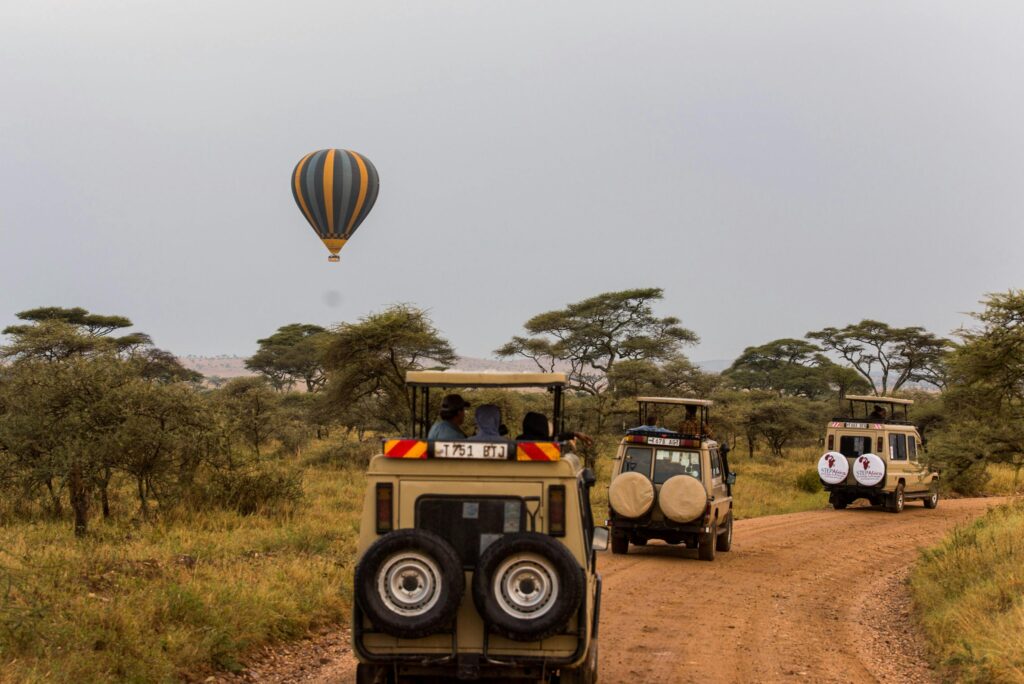
Consider whether you want a fully guided tour or a self-drive safari. Guided safaris provide expert knowledge, seamless logistics, and a higher chance of spotting elusive wildlife, while self-drive safaris offer more flexibility and independence. Additionally, make sure to check visa requirements for your chosen country and invest in comprehensive travel insurance to cover unexpected medical emergencies or trip cancellations.
Top Safari Experiences You Can’t Miss
An African safari is more than just game drives—it’s an immersive experience that offers a deep connection with nature. Seeing the Big Five—lion, leopard, elephant, rhino, and buffalo—is a highlight for many travelers. The Great Migration, where millions of wildebeests and zebras traverse the Serengeti and Maasai Mara, is one of the world’s most spectacular wildlife events.
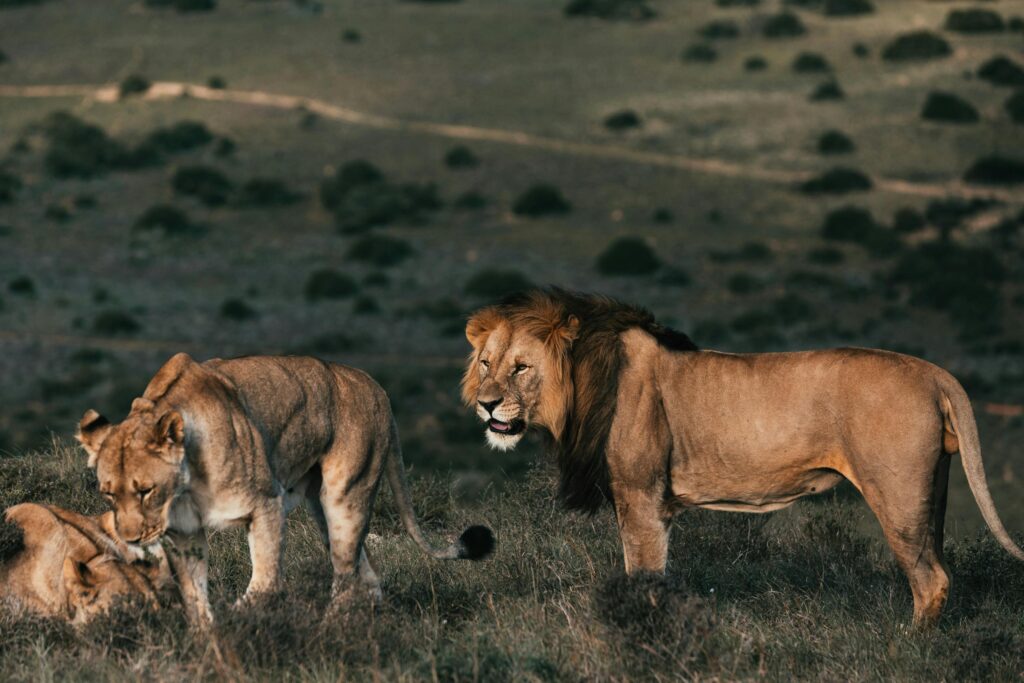
For a unique adventure, consider gorilla trekking in Rwanda or Uganda, where you can observe these majestic primates in their natural habitat. Other unforgettable experiences include hot air balloon safaris over the Serengeti, night game drives to spot nocturnal wildlife, and boat safaris along the Chobe River, where you can see elephants and hippos up close.
Conclusion: Your Safari Adventure Awaits
Planning an African safari may seem daunting, but with the right preparation, it can be an incredible and seamless experience. Choosing the right destination, timing your visit appropriately, setting a realistic budget, and packing smartly are key factors in ensuring a successful trip. By following safety guidelines, respecting local cultures, and booking with reputable operators, you can make the most of your African adventure.
Africa’s beauty and wildlife are unmatched, offering an unparalleled experience for nature lovers and adventure seekers alike. Whether you’re embarking on your first safari or returning for another journey, Africa’s magic will leave you with memories that last a lifetime. Start planning your safari today and get ready for an extraordinary adventure in the heart of the wild!
Frequently Asked Questions (FAQs)
What is the best time to go on an African safari?
The best time depends on your destination and interests. The dry season (June to October) is ideal for wildlife viewing as animals gather around water sources. The wet season (November to May) offers lush landscapes, fewer crowds, and excellent birdwatching opportunities.
2. How much does an African safari cost?
Safari costs vary based on destination, level of luxury, and travel season. Budget safaris start at around $150 per person per day, mid-range options cost $250–$600 per day, and luxury safaris can go beyond $800 per person per day.
3. Do I need a visa for an African safari?
Visa requirements depend on your nationality and the country you’re visiting. Many African nations offer e-visas or visas on arrival. Always check the specific visa requirements for your chosen safari destination before booking.
4. Is it safe to go on an African safari?
Yes, African safaris are generally safe when you follow the guidance of your tour operator or guide. Stick to designated areas, avoid walking alone in the wild, and respect wildlife safety rules. Travel insurance is highly recommended.
5. What should I pack for a safari?
Pack lightweight, neutral-colored clothing, comfortable walking shoes, a wide-brimmed hat, sunscreen, insect repellent, a good camera, binoculars, and a refillable water bottle. If traveling in winter (June–August), bring warm layers for chilly mornings.

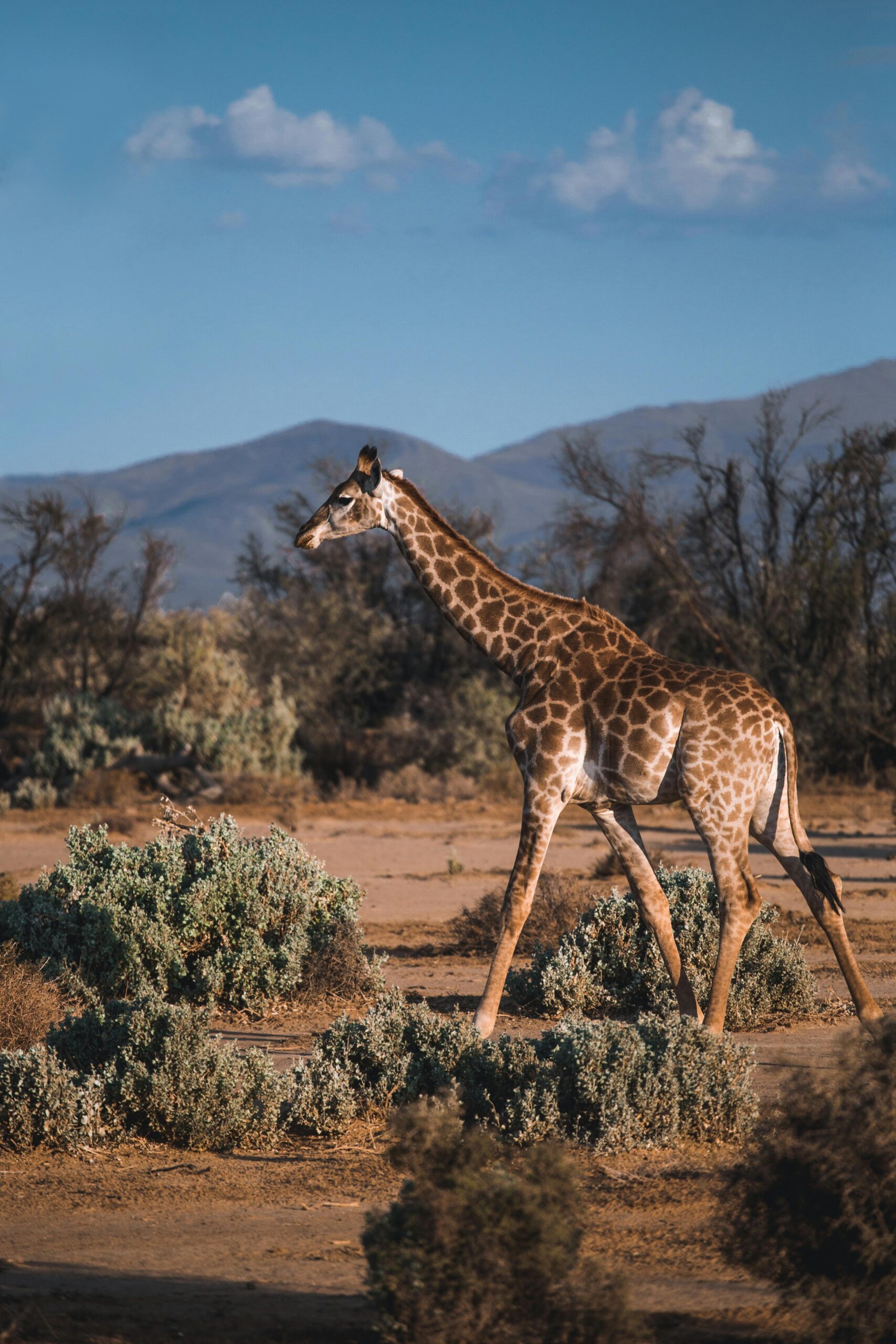

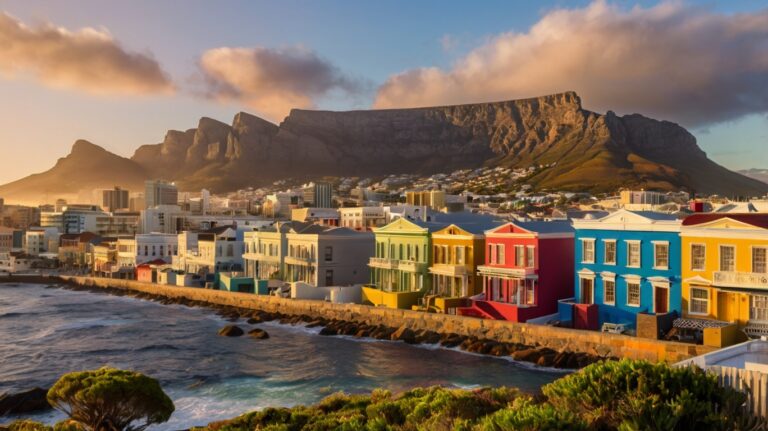
AI evolution! The AI Tools represent the pinnacle of innovation in software development. These AI Tools showcase elegant solutions to persistent challenges.
Yes Sure, AI takes the world to a whole new level